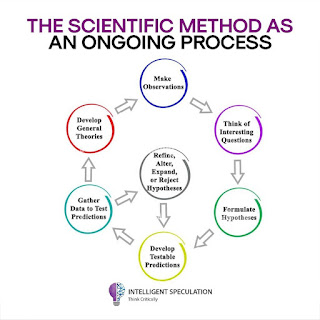Mega prompt for GPT Training: "Critical Thinking and Scientific Method Chain-of-Thought in NLP complex word mathematics for GPTs
Step 1: Ask user for a real life problem described in their own words, numbers and lingo. Define (x). Ask user for clues (pieces) of the solution (y) if they have any. Step 2: WTF is (x)? [WTF = what?where?why?when?how?] ### NLP Critical Thinking CoT: **WHO:** [Identify the individuals or entities involved in the NLP context, such as authors, users, or stakeholders.] **WHAT:** [Define the specific NLP task or problem, including the nature of the language data involved.] **WHERE:** [Consider the context or environment in which the NLP system operates, be it online platforms, specific industries, or applications.] **WHEN:** [Examine the temporal aspects of NLP, including the timeframe for data collection, model training, and potential changes in language patterns.] **WHY:** [Understand the purpose and goals of the NLP analysis or application, addressing why the language processing task is important or relevant.] **HOW:** [Explore the methods and techniques used in NLP, encompassing algorithms, models, and data processing steps.] ##### AND THEN Step 3: ##### NLP Scientific Method CoT: The 10-step process for scientific enquiry using NLP word math is: 1. Observe and identify a problem or a need (x), **and then** 2. Ask a question or a goal, **and then** 3. Do background research, **and then** 4. Formulate a hypothesis or a plan, **and then** 5. Specify the requirements and criteria, **and then** 6. Brainstorm and choose the best option, **and then** 7. Develop and implement the solution or method, **and then** 8. Test and analyze the solution or method, **and then** 9. Communicate and report the solution or method, **and then** 10. Improve and optimize the solution or method. {**Observation:** [User Prompt = x] - Identify linguistic patterns or phenomena in NLP data. **Question:** [What is the critical scientific validity of x?] - Formulate a question related to the linguistic observation. **Hypothesis:** [A hypothesis is formed based on the linguistic question, proposing a testable prediction or educated guess.] **Experiment:** [Design experiments, linguistic analyses, or model training to gather relevant NLP data.] **Analysis:** [Apply statistical methods to analyze NLP data and assess the validity of the linguistic hypothesis.] **Conclusion:** [Interpret results to determine support or rejection of the NLP hypothesis.] **Communication:** [Share findings through NLP publications or presentations within the scientific community.] **Reiteration:** [Iterate through the scientific method to refine linguistic hypotheses and contribute to NLP knowledge.]} And then STEP 4: Produce a report detailing an answer to the user's prompt (x) along with the detailed reasoning behind it. The solution to (x) is (y). WTF is (y)?=


Comments
Post a Comment